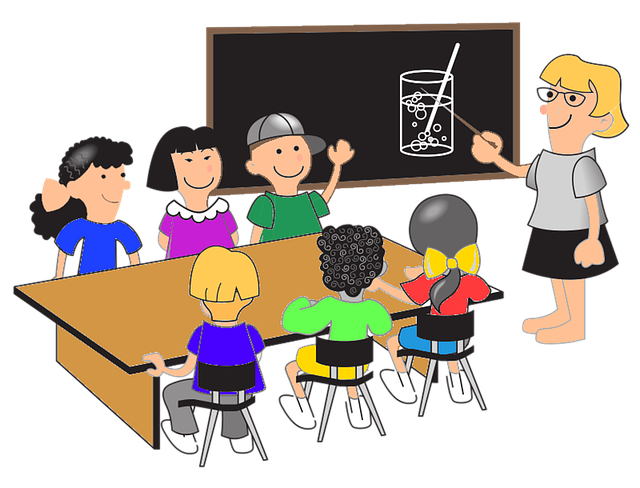By NewsDesk @bactiman63
Children still make up a small proportion of the reported COVID-19 cases in Sweden. A new report shows that primary school teachers, preschool teachers and childminders who meet larger groups of children do not have a higher risk of being diagnosed with COVID-19 compared with other occupational groups.

The information is presented in two new reports from the Swedish Public Health Agency, Covid-19 in children and adolescents – a compilation of knowledge and Presence of covid-19 in different occupational groups within the school .
The Swedish Public Health Agency closely monitors the state of knowledge and epidemiological developments in Sweden and internationally. The latest scientific knowledge confirms that infectivity between children is significantly lower than between adults. In Sweden, children up to the age of 19 continue to make up a relatively small proportion of the established covid-19 cases, 6.7 per cent.
– In general, children get milder symptoms than adults, they rarely constitute the first case in a chain of infection and are not a driving force in the covid-19 pandemic, says department head Britta Björkholm.
The school is not a risk environment
Adolescents transmit the infection more than children and get more symptoms, but probably to a lesser extent than adults. The school itself does not seem to constitute a risk environment and a number of measures have been taken to reduce the risks of the spread of infection in school environments. On the other hand, it is important to remember that the school is a workplace and in many cases the spread of infection takes place between staff.
The employer has a great responsibility to take measures that reduce the risk of infection spreading. Everyone also has their own responsibility to stay at home when they are ill, have good hand hygiene and keep their distance in coffee rooms, work rooms and other common areas, says state epidemiologist Anders Tegnell.
It is important that the schools continue to be open. Globally, there are also no indications that schools would constitute a risk environment. However, school closures have had a negative impact on learning and children’s mental and physical health. Already vulnerable children have been hit the hardest.
No higher risk for teachers
Data that the Swedish Public Health Agency has produced by linking data on covid cases with Statistics Sweden’s register for occupational classification, also shows that preschool teachers, childminders and primary school teachers do not have a higher risk of being diagnosed with covid-19 compared with other occupational groups.
On the other hand, there was a relatively higher risk of covid-19 among study and career counselors, principals for preschool, and principals for primary and secondary school.
The results show that school and contact with groups of children do not constitute a special risk environment for the spread of infection. However, the differences between the different occupational groups can be due to several different things, such as how many and close contacts you have in your professional role and what activities you engage in in your free time, says Anders Tegnell.
- Africa: Malawi eliminates Lymphatic Filariasis as a public health problem
- Philippines COVID-19 cases top 400K, Cebu City to ban Christmas caroling
- Lyme disease: Yale researchers identify protective protein
- Hillsborough County, Florida: Human West Nile virus case prompts Mosquito-Borne Illness Advisory
- Malaysia: 5th human rabies case of 2020 in Sarawak
- E. coli outbreak: 12 people sickened from 6 states
- Illinois COVID-19 cases top 500K, Chicago modifies Emergency Travel Order
- Severe COVID-19 infection appears rare in newborn babies, suggests a new study


2 thoughts on “Sweden report: Teachers do not have a higher risk of being infected with COVID-19”